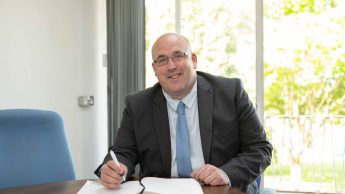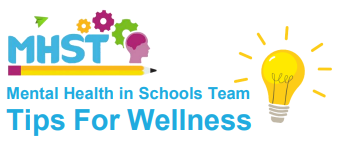Departmental contact
Mrs Buxton – [email protected]
Examining board & Qualification
OCR – A LEVEL
Entry requirements
Please see current prospectus for further information
Students say
“Really fascinating to know how computers actually work.”
“The course is technical but if you think logically you can work it all out.”
WHY STUDY THIS SUBJECT?
The course gives students an in-depth understanding of how computer technology works. Although students will have used the technology before, this course gives them an insight into what goes on ‘behind the scenes’, including computer programming, which many students find absorbing.
Nationally there is a growing demand for professionals who are qualified in this area. Students who take this subject at A Level will open up a number of fascinating and very well paid careers.
WHAT SKILLS WILL I DEVELOP?
The focus will be on programming with an emphasis on the importance of computational thinking as a discipline. Students will also apply maths to understand computing logic. They will develop the skills to solve problems, design systems and understand human and machine intelligence. They will also apply academic principles to real world systems.
The course will develop critical thinking, analysis and problem-solving skills through the study of computer programming. These skills can then be transferred to other subjects.
WHAT WILL I STUDY?
COMPUTER SYSTEMS
Component 01 – Computer systems – this component will introduce you to the internal workings of the Central Processing Unit (CPU), the exchanging of data, and also looks at software development, data types and legal and ethical issues.
- The characteristics of contemporary processors, input, output and storage devices
- Software and software development
- Exchanging data (How data is exchanged between different systems)
- Data types, data structures and algorithms
- Legal, moral, cultural and ethical issues.
Component 02 – Content of Algorithms and programming – you will understand what is meant by computational thinking, and understand the benefits of applying computational thinking to solving a wide variety of problems.
- Elements of computational thinking
- Problem solving and programming
- Algorithms
Component 03 – Programming project – you will analyse, design, develop, test, evaluate and document a program written in a suitable programming language for real users.
ALGORITHMS AND PROBLEM SOLVING
How to design, build and test computer programs.
HOW WILL I BE ASSESSED?
20% Coursework versus 80% exams.
This is a two-year, linear course; the exams will take place at the end of the course.
Examination – two exams, each of 2 hours 30 mins (80%) – components 1 and 2.
Coursework – system development project (20%) – component 3.
WHAT ARE MY POST-18 OPTIONS?
There is clear progression from A level Computer Science into higher education Computer Science or IT courses. While some courses don’t have it as a requirement, it is still a good course to take if you plan on studying Computer Science at University, as it will ensure you have the programming and computational thinking skills to understand and internalise the courses you may take.
This course is highly suitable for a range of computing-focused fields, such as software development, digital forensics, artificial intelligence, business and more. We have had students take up roles like these with top IT companies such as IBM, or even invent new software and make a start-up!
WHAT EXTRA-CURRICULAR OPPORTUNITIES ARE THERE?
Students will be introduced to a wide array of software and websites, which are aimed at showing students just how many unique applications for programming there are.
Students will be given the opportunity to take part in lessons and after school activities and help mentor keen younger students with their programming.
Students may also be given a chance to visit Disneyland Paris, so they can see how computer systems are used to provide entertainment and support the day-to-day running of the park.
Students will have the opportunity to volunteer at the Computing Department’s Gaming and Coding Club with our local primary schools.










